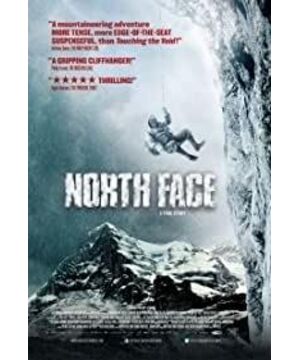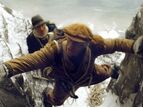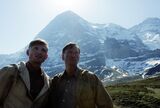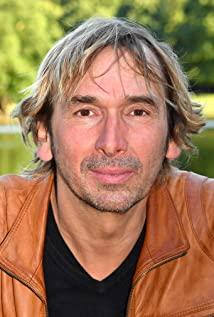I like watching movies about mountain climbing and watching other people's adventures. Actually, because I am afraid of mountains, this is ironic. Only in the movie is the greatness and majesty of the fantasy mountain, and only the courage and courage to watch others in this kind of movie. In a harsh environment, it is easier to see the will and cruelty of human beings. What all climbers originally wanted is to transcend themselves and prove the meaning of existence. But in the process, I also saw the brilliance of human nature. Few films make me tremble like "The North Wall", and I can't stop it. Philip Stotts's approach to the entire film is really simple and introverted: on the one hand, he describes the adventurous spirit of the two climbers, and of course, he later became more competitors and gave up the summit, and finally all died. This is undoubtedly eulogizing a universal value, the spiritual power of human beings; on the other hand, writing about the indifference and unkindness of those mainstream societies. The contrast between the two lines of statements, the side where the life-threatening blizzard was hanging by a thread, is always more touching. Especially when Andy cut his own life and tried to save his brother's life, people burst into tears. There is also Tony's death, which is even more immersive, experiencing extreme despair and helplessness. The narrative of the lens has repeatedly used long-range shots to photograph the loneliness of climbers, especially when Tony was trapped on a cliff alone, and the final rescue failed and was hung in the air. These two sets of shots are like sculptures, to show the smallness of man in nature and the greatness of man. This kind of contradictory statement is a kind of tragic and vigorous. The calmness and passion of the Germans constantly fluctuates throughout the film, and this is its impact.
View more about North Face reviews











